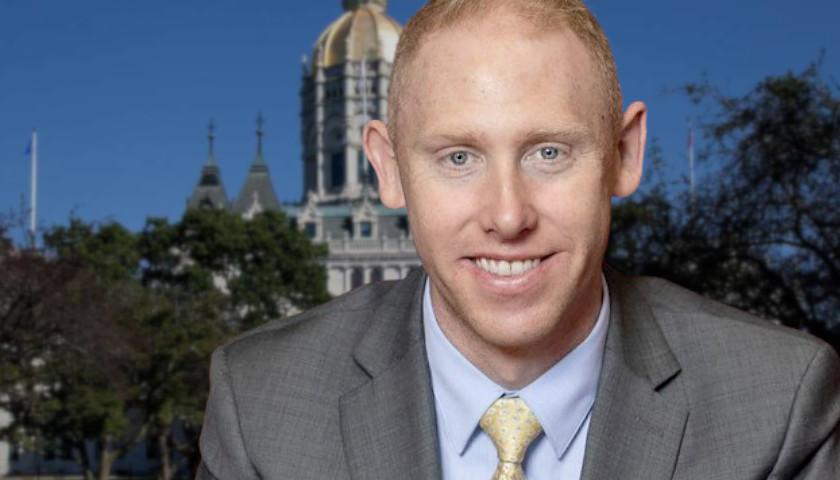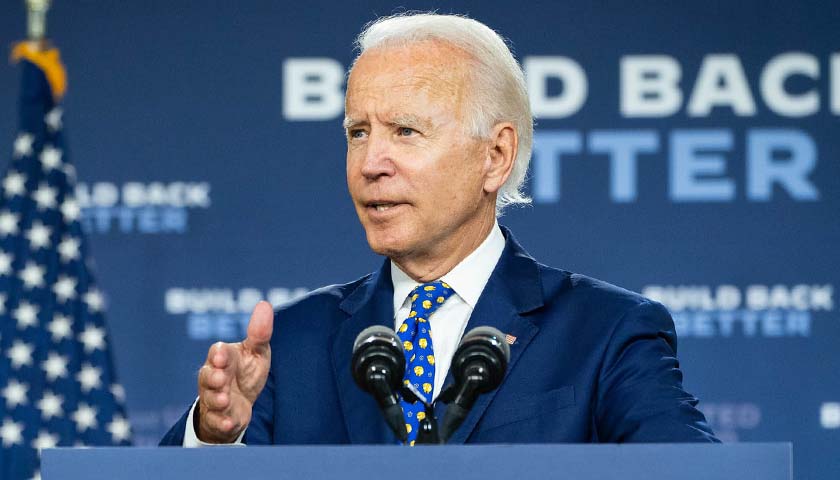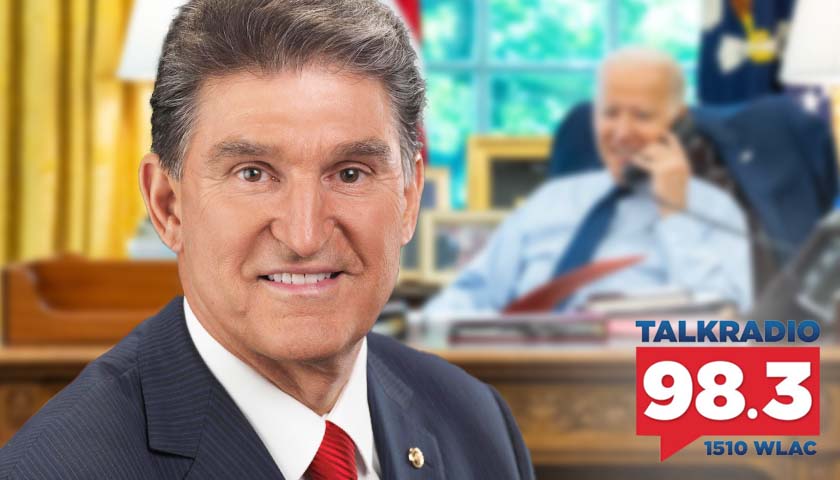Connecticut Republicans have unveiled a slate of proposals aimed at addressing rising electricity costs in the state, which they say are putting the squeeze on energy consumers.
The package of proposed policy changes, calls for setting limits on Power Purchase Agreements by utilities so that no contract can be for more than 100% over the wholesale electric market price while providing relief to ratepayers by tapping into $190 million in unspent pandemic-related federal funds to pay down rate increases.
Read the full story











